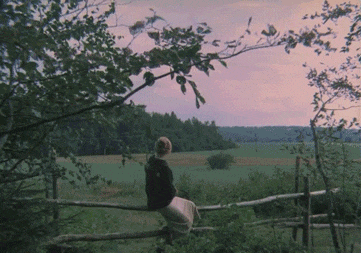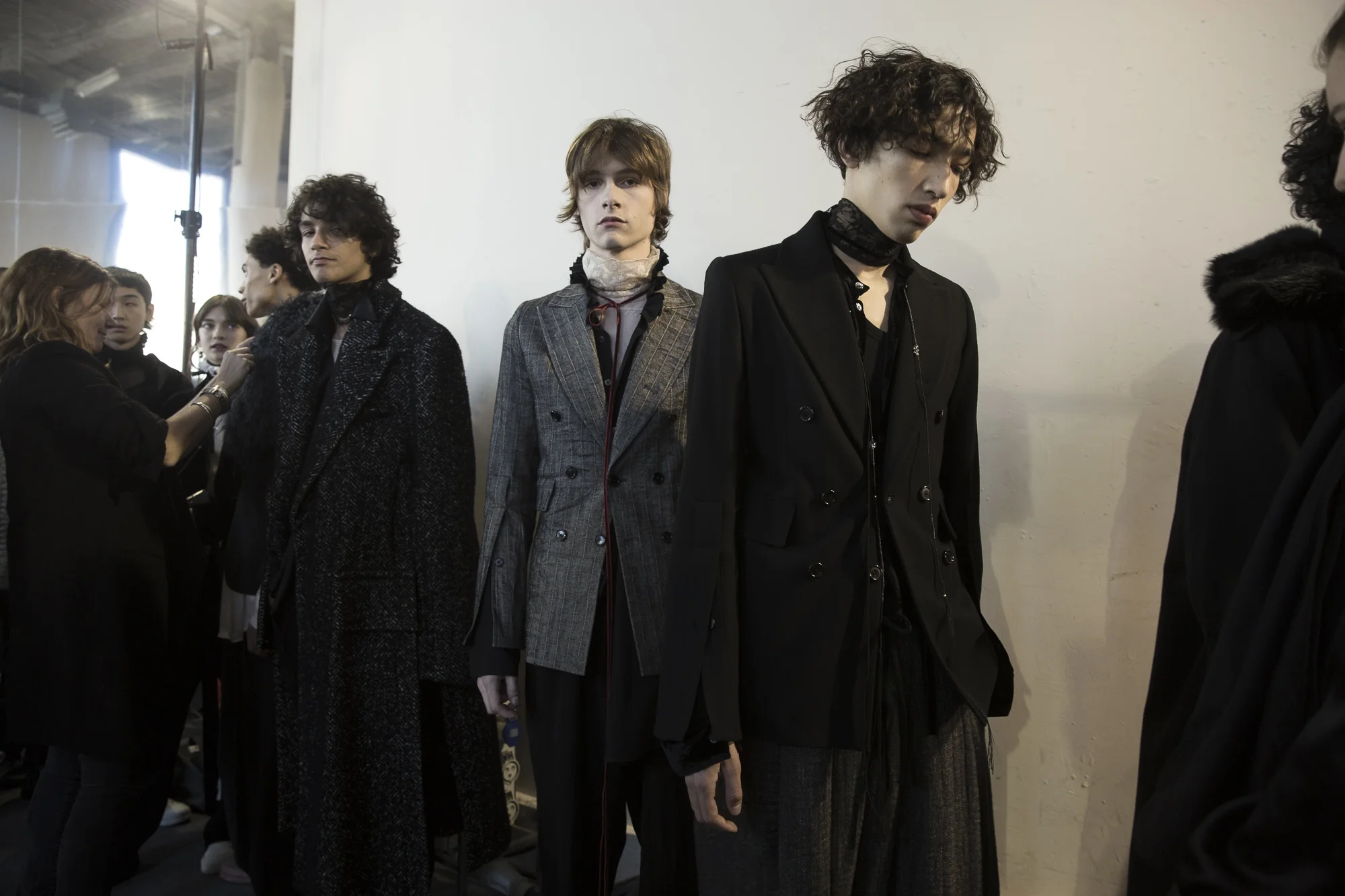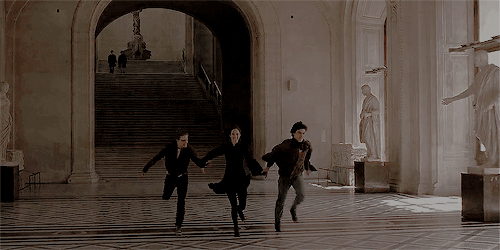Andrei Tarkovsky
‘The Mirror’ (1975) is an autobiographical film by Andrei Tarkovsky, showcasing an unconventional timeline of frames from Tarkovsky’s life events over a thirty-year period. Each shot freely transitions from one frame to another without any recollection of time, which makes ‘The Mirror’ a most accurate representation of Tarkovsky’s aesthetic and beliefs as a filmmaker. Tarkovsky believes his specific film tactic in ‘The Mirror’ allows the telling of his life story flow more organically to his viewers. Viewers become disarmed from the timeline of his life and more focused upon the emotional response to his dreams, fears, traumatizing childhood memories, and pivotal moments. Tarkovsky’s life is showcased from when he was a child before World War II in 1935, his adolescence during World War II in the 1940’s, and his life as a 40 year old in the 1960’s.
““I think that what a person normally goes to the cinema is for time — He goes there for a living
experience; for cinema, like no other art, widens, enhances and concentrates a person’s experience — and not only enhances it but makes it longer, significantly longer. That is the power of cinema.””
Tarkovsky’s belief in cinema is the notion of time as a forceful medium in cinematic forms, subjecting both the artist and viewers to the film. In ‘The Mirror’, Tarkovsky collects blocks of time from his life to then reshape into a projection for others to see. However, in order for Tarkovsky to interpret three decades of his life experiences into one film, he must compact multiple emotions, thoughts, and memories into a forced time slot. As Tarkovsky recreates his personal life experiences into a lens for the outer world to see, the moment occurs where both the artist and the viewers connect as the subjective viewers of the film.
““No other art can compare with cinema in the force, precision and starkness with which it conveys awareness of facts and aesthetic structures existing and changing within time.””
Narrated through poetry by a male voice, the specific music, lighting, composition and camera movement are the key factors in which illustrate the emotion in this film. Fictional scenarios, historical footage, and flashback footage are captured in three tones of black and white, color and sepia. Through these generated film tactics, the viewers are able to recognize Tarkovsky’s emotional response behind each of his memories: fragile, content, disheartening or gruesome.
““We don’t trust nature that is inside us. Always this suspiciousness, haste, and no time to stop and think.””
The Mirror
director ANDREI TARKOVSKY
year 1975
director of photography GEORGY RERBERG
cast MARGARITA TEREKHOVA, OLEG YANKOVSKY, IGNAT DANILTSEV, ALLA DEMIDOVA, ANATOLI SOLONITSYN, LARISA TARKOVSKAYA and TAMARA OGORODNIKOVA
text ELLEN GRACE
What to read next






